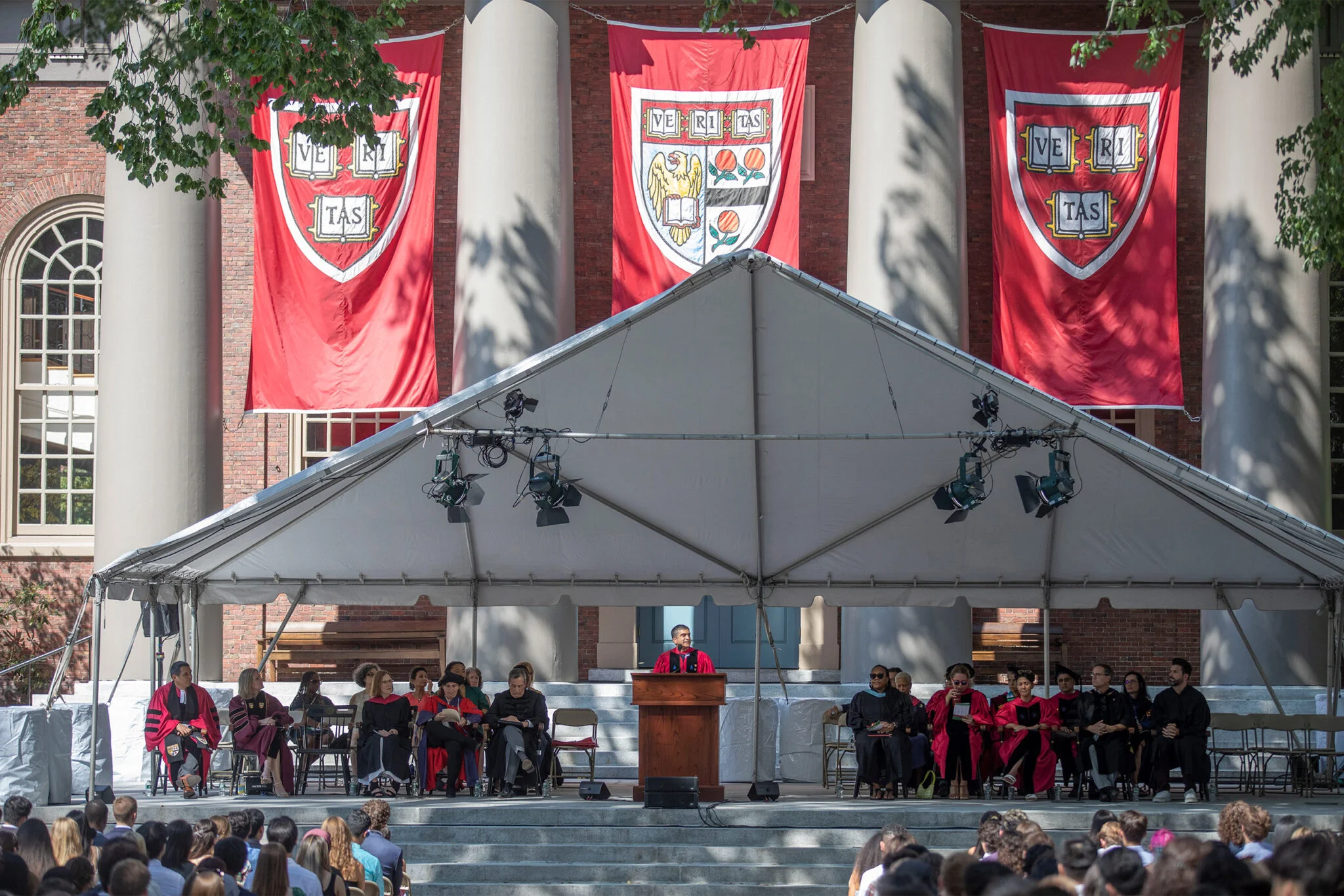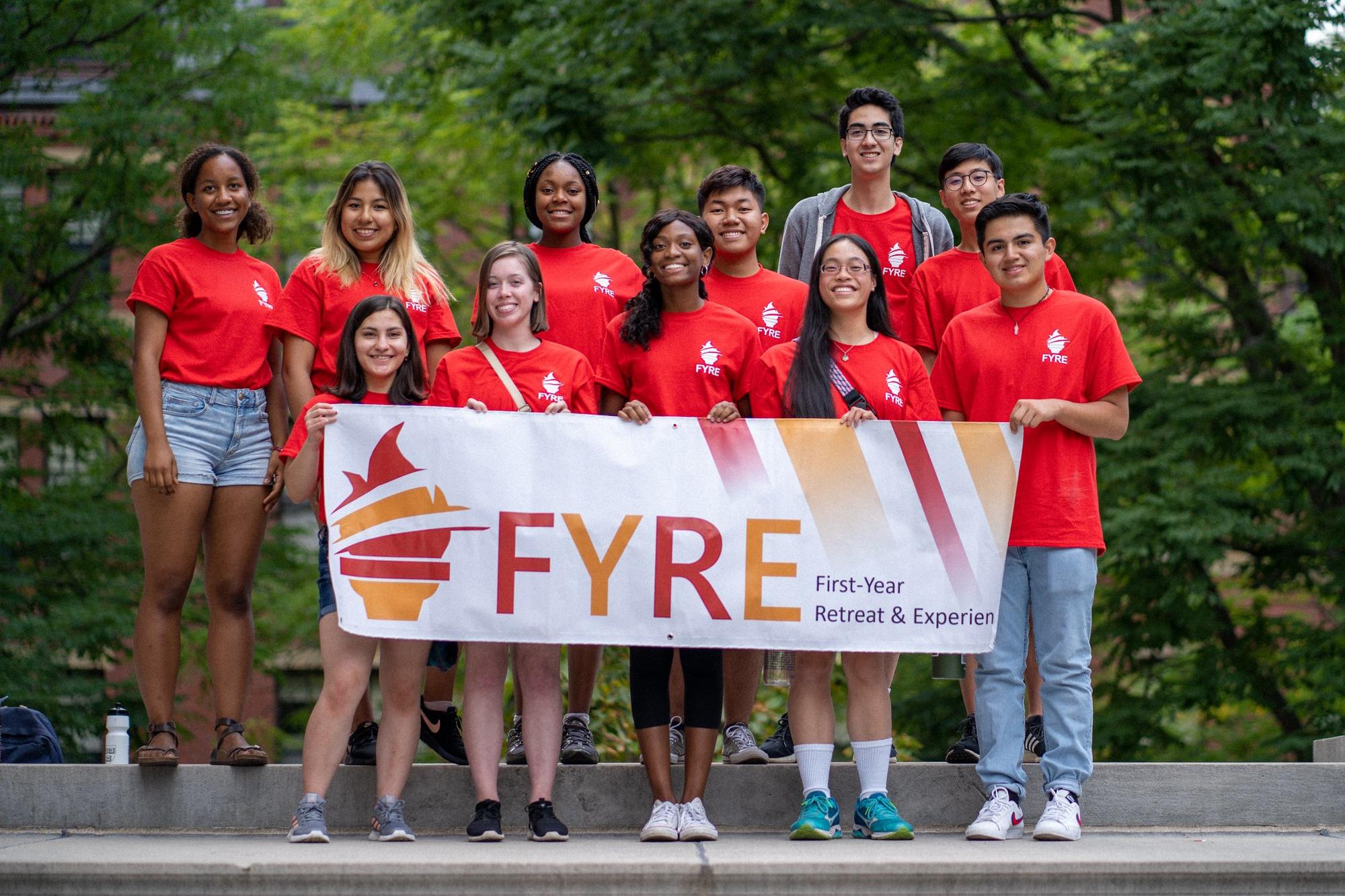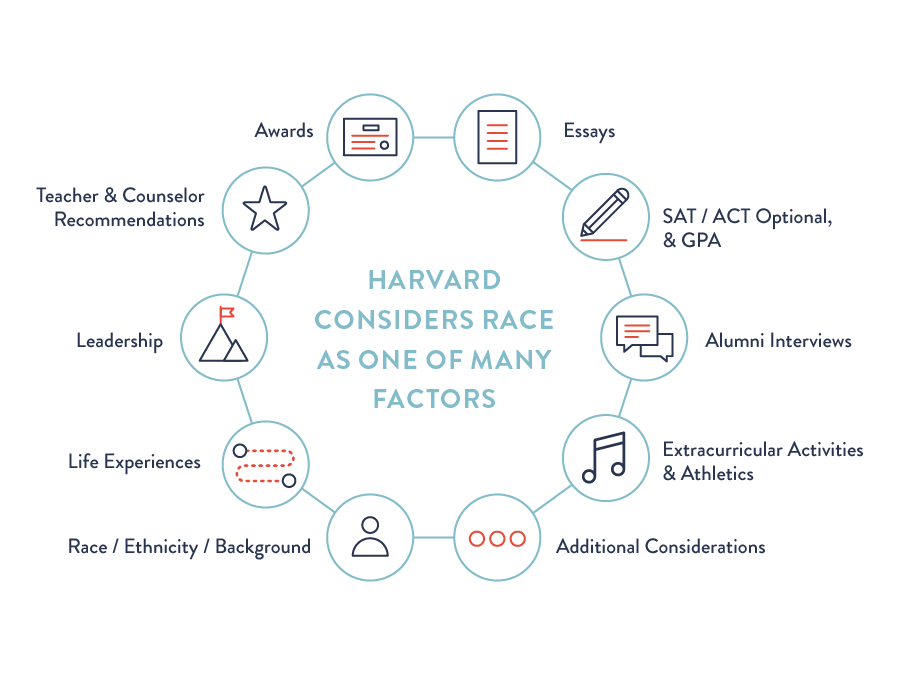Harvard Outreach Newsletter
116th Issue, April 2023
In this issue:
- Harvard College makes regular admission offers to 1,220
- Undergraduate financial aid increased for the 2nd year in succession
- ‘Visitas’ welcome event for new admits and deferrals
- Information for students who have received offers of admission to US colleges
- Information for students who will be applying to US colleges next year
Harvard College makes regular admission offers to 1,220

Harvard College has offered regular admission to 1,220 applicants for the Class of 2027, with 1,942 admitted in total, including those selected in the Early Action process back in December. The total number of applications for the Class of 2027 was 56,937, compared with 61,220 last year.
This year’s class hails from all 50 US states and from 102 other countries, including an excellent group of candidates from the UK. Women account for more than half (53.6%) of those admitted, while international students make up 14.5% of the class.
Undergraduate financial aid increased for the 2nd year in succession
The Harvard Gazette reports that beginning with the class that has just been admitted, the cost to attend Harvard College, which includes tuition, housing, food, and fees, will be free for families with annual incomes below $85,000 (about £68,000). This is an increase from the $75,000 annual income threshold announced last year. Nearly 25% of College students come from families with incomes under $85,000. Financial aid is available to international students on exactly the same basis as US citizens.
“The further expansion of our financial aid program underscores our continued, unwavering commitment to making Harvard affordable for all deserving students,” said Jake Kaufmann, Griffin Director of Financial Aid. “We are deeply grateful to the generations of Harvard alumni and friends who have made this possible.”
Since the Financial Aid Initiative was launched in 2005 the University has awarded more than $3 billion in support, and its annual aid budget has risen more than 200%, from $80 million to $246 million in 2023. All first-year students from families with incomes of less than $85,000 with typical assets will also receive a $2,000 start-up grant to help with move-in costs and other expenses incurred in the transition to College. This grant was launched in 2016.
To find out how much financial aid you might get if you were admitted to Harvard, see our Net Price Calculator.

‘Visitas’ welcome event for new admits and deferrals
Harvard plans to welcome students to campus for an in-person Visitas, to be held from 23-24 April. The College will host a number of events to welcome the admitted Class of 2027 and introduce them to the community, as well as to available resources and opportunities. For those unable to make the journey to Harvard to attend in person, there will be virtual events for students via Crimson Connect, the online platform for the Class of 2027. Students will receive information about Visitas and Crimson Connect via the Admitted Student Website.
The Harvard Club of the UK is sponsoring its own ‘Welcome’ event for UK admits in London on Sunday 21st May. All UK admits will receive details in due course.
Information for students in the final year of secondary school who have received offers of admission from Harvard and/or other US colleges
This information is relevant to UK year groups equivalent to the Senior Year of a US High School:
Year 13 (England and Wales)
S6 (Scotland)
Year 14 (Northern Ireland)
Firstly, many congratulations on receiving an offer of admission from one or more US colleges. You have until Monday 1st May to accept, decline or defer any offers you have received.
How do I respond to my offer from Harvard? To reply to your offer of admission, to apply for housing, and to find out about your financial aid decision, go to the online portal you have been using throughout your application and respond online. You will be able to join your classmates on campus in August, when there will plenty of social activities to help you get settled in before you start your classes.
Harvard’s extensive orientation program for first-years includes:
- Organised workouts at the Harvard gyms
- Regular walking tours of campus
- ‘First Chance Dance’, the opening social of the year for first-years only
- Training regarding laws, regulations, and university policies
- Intramural field day, optional day of sports events & games
- Day of Service – optional day of volunteering around Cambridge and Boston community programs
- Extracurricular fair
- Concentrations fair
- The First-Year Convocation – a formal welcoming event in Harvard Yard with music and speeches, followed by a barbeque (see photo below).

What support is available at Harvard to 'first generation' students - those who are the first in their family ever to go to university?
The First Year Retreat and Experience (FYRE) is a pre-orientation program of activities and events (taking place this year from 24-29 August) that aims to provide first generation, low income, and under-represented first-year students with the resources and community to feel supported, celebrated, and ready to take ownership of their Harvard experience!
The program will include workshops and presentations from student support services and talks with professors from a variety of disciplines. FYRE Team Leaders will run panels about academics, finances, and social life on campus, and host an empowering open mic session about challenges and resilience at Harvard.

What pastoral support is available to first-year students, many of whom will be living away from home for the first time?
- First Year Advisor – who may be a faculty member, administrator, or graduate student. This person will assist you with many aspects of your academic experience, such as choosing courses, meeting your degree requirements, considering concentration options, or planning for the summer. You will meet with your academic adviser regularly throughout the year, and intermittently as you need them.
- Resident Deans of First-Year Students – take care of the overall well-being of first-year students at Harvard College. They track their students’ academic progress, advise first-year students, and supervise Proctors in their affiliated residences.
- Proctor – this is an administrator or graduate student who lives in your dormitory and acts as your resource for personal, residential, social, and other issues. Each Proctor oversees an entryway community of approximately 20-40 students, and helps plan residence-based social activities. In some cases, your Proctor will also serve as your First-Year Adviser.
- Peer Advising Fellow (PAF) – is an older Harvard student who has been specially trained to offer assistance throughout your first year. PAFs work with a specific dorm entryway, but don’t live in freshman dorms. As your peers, PAFs have a unique perspective within the advising team. They can give you advice on how to balance your curricular and extracurricular choices, how to face the challenges of transitioning to college life, and how to tap into College resources.
Information for students in the penultimate year of secondary school who will be applying to Harvard and/or other US colleges next year
This information is relevant to UK year groups equivalent to the Junior Year of a US High School:
Year 12 (England and Wales)
S5 (Scotland)
Year 13 (Northern Ireland)
How does Harvard assess its candidates? To assess its candidates, the Admissions Office carries out what it calls a ‘whole person review.’ It looks at everything about a candidate, not just grades and scores:
The admissions committee looks at each applicant as a whole person and considers background and life experience alongside grades and academic performance. Harvard considers race as one of many factors.
Source: Harvard University

Exams and tests are only one part of the assessment process, and in years when exams are disrupted, extra weight is put on other elements shown in the diagram above.
Where can I find further information about the assessment process? Please read the Admissions Overview on the Harvard College website. Here is a summary:
Standardized Tests. The SAT/ACT tests will remain optional at Harvard until 2026 (Class of 2030). You will not be disadvantaged in any way if you are unable to take them.
Summer Exam Grades. Although most UK exams are now back to normal, should there be any future disruption and you have to rely on grades based on your coursework and online assignments, you will not be disadvantaged as a result.
Whole Person Review. Accomplishments in and out of the classroom, community involvement, and personal qualities are all taken into consideration, as well as academic performance.
Financial Aid. Harvard’s generous financial aid program has been enhanced still further this year. Students from families with an income of less than £68,000 ($85,000) per year with average assets will receive a free Harvard education.
Where can I find information about Harvard’s application requirements generally? You will find excellent information in this article.
Do you have any application tips? Yes. This article contains many useful tips about how to fill out the main application as well as the Harvard supplement.
Can I still practise for the SAT or ACT even if I decide not to take them? Yes. All the free online test coaching platforms, such as the Khan Academy and ACT Learning Resources are still available to you. The best way to ensure a good score is to do lots of regular practice.
If you enjoyed reading this newsletter and wish to receive future newsletters, click here to subscribe.